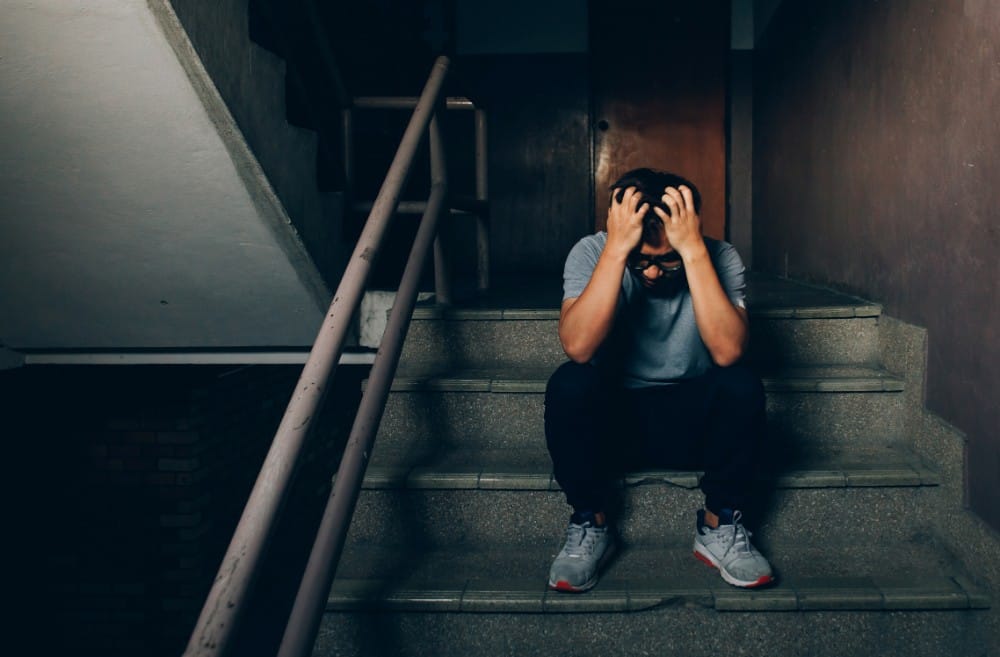Post-acute withdrawal syndrome (PAWS) can happen to people going through withdrawal from substances. After detox, the second phase of withdrawal kicks in. Depending on how long the person used drugs, the second phase can last for weeks, even months. PAWS is a collection of symptoms that persist after all physical traces of drugs have left the body. These symptoms affect many people in the early phases of abstinence from numerous substances but occur in an extremely high percentage of people who abuse opioids. Find out why it can derail recovery without the right support in place.
How it Happens
The body and brain have to adjust to not having substances in it anymore. Post-acute withdrawal varies in intensity and duration from one person to another. There may be fluctuations, but mostly it takes a toll on the person’s concentration, memory, appetite, mood, and builds anxiety and anger in a person. It may bring on depression, as well. PAWS is part of a process that everyone must go through. The brain and body have to figure out how to handle the new thing happening and adjust, which is where the symptoms come in. the brain adjusts by decreasing endorphins for people who abuse opioids. This increases pain sensitivity so people find it harder to experience pleasure when not using the drugs. Early on in recovery, the brain stores endorphins and dopamine are depleted. This regulates mood, so mood fluctuations are present anywhere from four weeks to six months.
Recalibrating
The sympathetic part of the autonomic nervous system is activated to the point it feels a perceived threat. It prepares the body for ‘fight or flight.’ These responses occur automatically, putting mind and body on high alert. While the fight, flight, or freeze mode kicks into gear, the nature of the responses creates stress that becomes chronic in addiction. The body’s systems get taxed to the point of exhaustion, vulnerability to illness, and stress. Chronic stress continues during PAWS and recedes over time. People come into recovery with higher levels of stress so it is good to find new ways of coping with stress to lower the immune system’s response. When dealing with PAWS, depression, and a feeling of want to relapse is common. Don’t let those thoughts derail the recovery. They are common but there is the possibility of coping with them in a way that does not take down all the effort put in to deal.
Coping Skills
Early on in recovery, everything feels new, weird, and different. Although people may not like going through these sensations, they are a normal part of the body’s reaction to getting toxins out of the system. When people are equipped with an awareness of obstacles in life and where they are located, many are able to find their way through them with great success. Feeling comfortable is not a prerequisite for recovery. There will be pain points. To cope better, it helps to have friends and loved ones to learn on for support. Keep up with doctor’s appointments, and stay on top of any medication. Seek help for depressive symptoms that linger and don’t force yourself to keep going if something does not feel right. Listen to the body and what it is saying. Find moments of rest to let the body recover. Exercise, get outside and practice mindfulness where possible. There can, and will, be hope on the other side when symptoms abate.
Oceanfront wants to help you find your way back to yourself after addiction. There is hope and healing on the other side of addiction with the right tools, therapy, and help. We are located in beautiful Laguna Beach. Call us to find out how we can help you navigate addiction recovery: 888-981-4295







